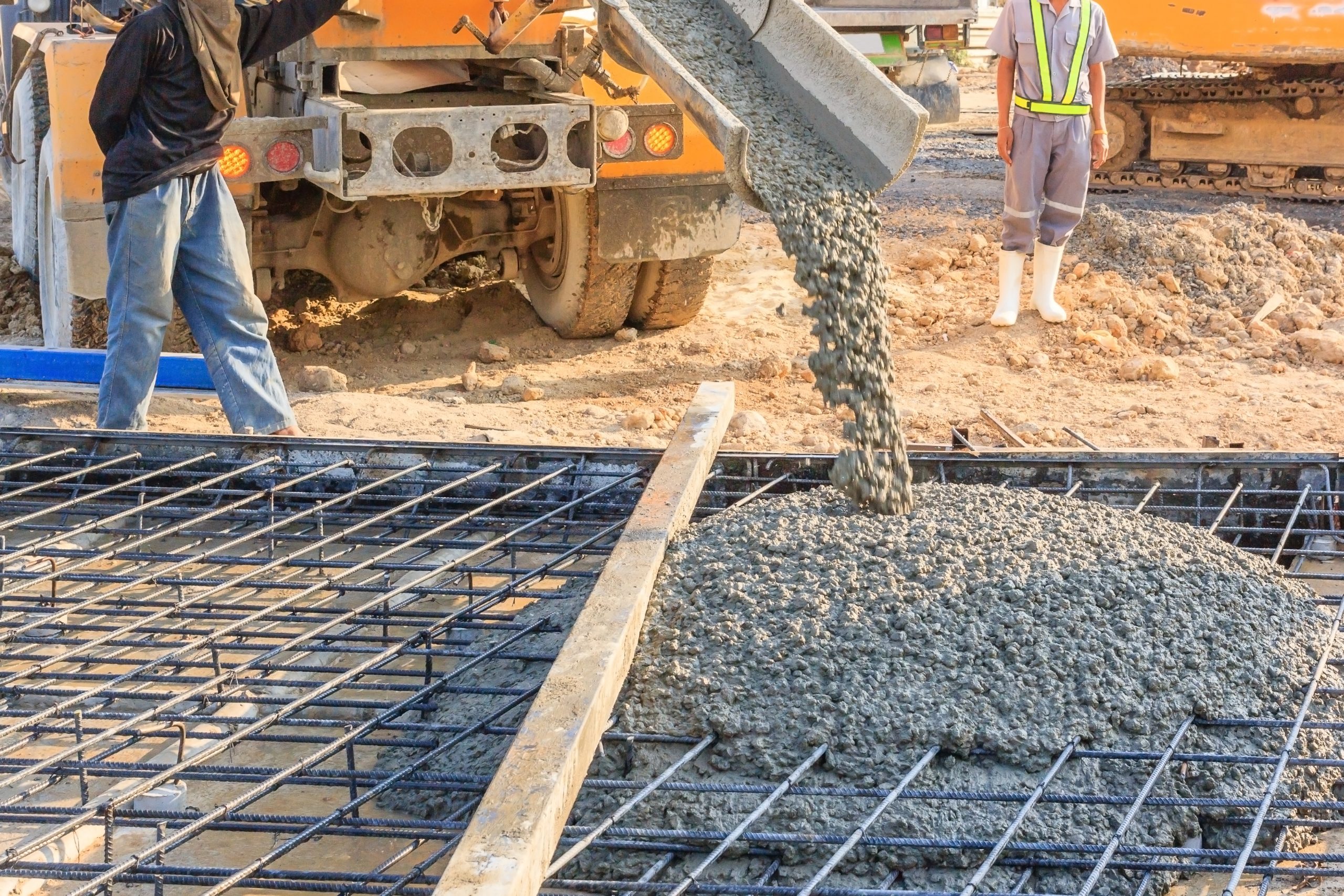Professional Concrete Setup: Changing Your Room with Solid Foundations
Professional Concrete Setup: Changing Your Room with Solid Foundations
Blog Article
Unveiling the Eco-Friendly Advantages of Utilizing Recycled Concrete in Sustainable Building Practices
In the realm of lasting building and construction techniques, the usage of recycled concrete stands as a critical yet often undervalued resource. Beyond its standard applications, recycled concrete deals a myriad of environment-friendly advantages that expand far beyond the confines of typical building and construction products. From lowering environmental impact to boosting cost-efficiency, the effects of incorporating recycled concrete in sustainable structure methods are substantial. This versatile material not only addresses pressing environmental problems however likewise offers a practical service to the challenges dealt with by the building market at large.
Environmental Advantages
By incorporating recycled concrete right into building methods, there is a substantial reduction in the need for brand-new raw products, leading to conservation of natural sources. Additionally, the usage of recycled concrete reduces the amount of waste being sent to garbage dumps, thereby minimizing ecological contamination and easing the stress on garbage dump capacities (Concrete).

In comparison, recycled concrete has a reduced carbon impact as it decreases the need for brand-new concrete manufacturing. Generally, the ecological advantages of utilizing recycled concrete are considerable and play a critical duty in advertising eco-friendly building and construction methods.
Cost-Efficiency
Attaining cost-efficiency is an extremely important factor to consider when analyzing the application of recycled concrete in construction tasks. One of the essential advantages of using recycled concrete is its cost-effectiveness compared to traditional concrete.
In addition, the usage of recycled concrete can lead to cost savings in landfill expenses by drawing away concrete waste from disposal sites. This not only decreases the environmental impact but additionally eliminates the costs linked with waste elimination. Furthermore, the durability and performance of recycled concrete approach conventional concrete, making certain that expense savings do not compromise the top quality of the building.
Longevity and Toughness
Thinking about the substantial cost-efficiency benefits of making use of recycled concrete, it is essential to examine its toughness and stamina in construction applications. Recycled concrete deals similar, if not superior, longevity and toughness properties to conventional concrete. Through improvements in handling methods and quality control, recycled concrete can meet or go beyond the efficiency standards of conventional concrete. The procedure of reusing concrete includes crushing, sorting, and evaluating old concrete to create aggregates that can be used in brand-new building tasks. These recycled aggregates are capable of offering acceptable compressive strength, durability, and lasting performance.

Waste Decrease
When it comes to making use of recycled concrete, waste decrease is a crucial advantage that contributes substantially to environmental conservation. By incorporating recycled concrete into building and construction tasks, this waste is repurposed and drawn away from land fills, minimizing the general environmental impact of construction tasks.
Recycled concrete not just aids in lessening the amount of waste that winds up in landfills but also conserves natural deposits by decreasing this hyperlink the demand for new aggregate products. This procedure of waste decrease promotes a circular economy within the construction field, where materials this content are reused and reused to produce a more lasting sector. Furthermore, using recycled concrete can bring about cost financial savings for building and construction projects, as it is frequently more budget-friendly than sourcing and carrying new products. Finally, waste decrease through the use of recycled concrete is an essential component of sustainable building and construction techniques that profits both the construction and the environment market all at once.
Power Preservation
Power conservation is a critical aspect of sustainable building techniques, aiming to minimize the general power usage connected with building operations and products manufacturing. Considerable power savings are attained contrasted to standard concrete manufacturing when it comes to using recycled concrete in construction. The process of generating recycled concrete includes crushing and recycling existing concrete products, which eats much less power than mining, processing, and moving basic materials for new concrete manufacturing. In addition, using recycled concrete can help lower the demand for virgin aggregate, further reducing the energy-intensive removal and handling of natural deposits.
Verdict
In final thought, the use of recycled concrete in lasting building and construction techniques supplies many environmental advantages, cost-efficiency, durability, toughness, waste reduction, and energy preservation. By incorporating recycled concrete right into building and construction jobs, we can add like this to a more lasting and environmentally friendly future. It is necessary for the construction sector to prioritize using recycled products to help in reducing the ecological effect of building and construction tasks.
One of the essential advantages of using recycled concrete is its cost-effectiveness contrasted to standard concrete.Additionally, the usage of recycled concrete can lead to cost savings in land fill costs by drawing away concrete waste from disposal sites. The longevity and performance of recycled concrete are comparable to standard concrete, ensuring that cost savings do not endanger the quality of the construction.

Report this page